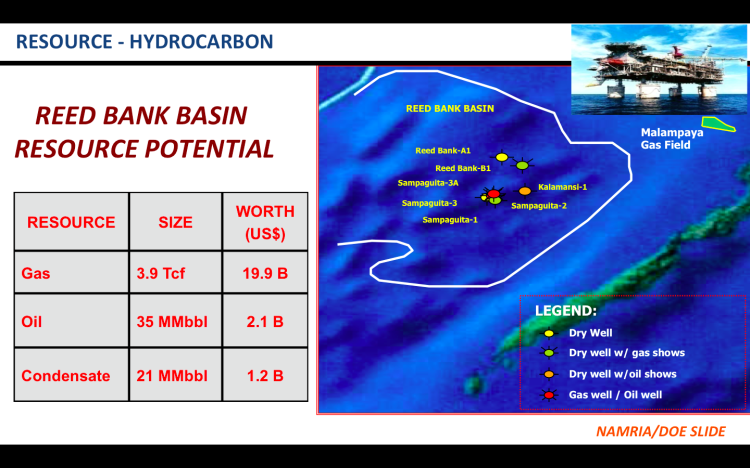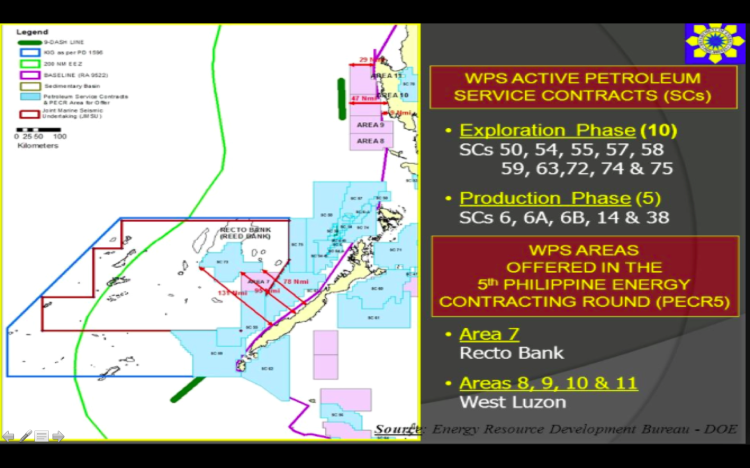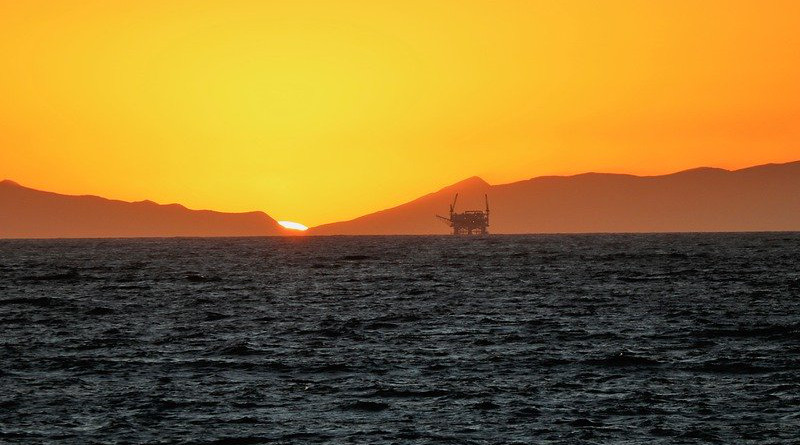Oil And Gas Development In West Philippine Sea And South China Sea Conflict – Analysis
After six years since 2014, the President Rodrigo R. Duterte finally lifted the moratorium on oil and gas exploration in the West Philippine Sea (WPS), a unilateral action that Energy Secretary Alfonso Cusi described as an exercise of sovereign rights of the Philippine government in accordance with existing international laws, particularly the United Nations Convention on the Law of the Sea (UNCLOS).
The Department of Energy has now issued a notice to Service Contractors to “resume to work” on petroleum-related activities in WPS, particularly in areas of covered by Service Contracts 59, 72, and 75.
What are the implications of this decision for Philippine economic development and the management of territorial and maritime disputes in the South China Sea, particularly on Philippines-China relations?
The resumption of natural gas and oil exploration activities in the aforementioned Service Contracts has huge potential to trigger Philippine economic development because it can address the Philippines’ growing energy requirements. The lifting of the moratorium will now enable the Philippine government to implement the following Service Contracts:
- SC 72 located at Reed Bank with a size of 880,000 hectares
- SC 75 located at North West of Palawan with a size of 616,000 hectares
- SC 54 located at North West of Palawan with a size of 99,515 hectares
- SC 58 located at West Calamian also North West of Palawan with a size of 1,344,000 hectares
- SC 59 located at West Balabac of South West of Palawan with a size of 1,476,000 hectares
According to the combined study conducted recently by the Department of Energy (DOE) and the National Mapping and Resource Information Authority (NAMRIA), the Reed Bank/Recto Bank basin where SC 72 is located, can potentially provide an estimate of 3.9 trillion cubic feet (Tcf) of natural gas worth US$ 19.9 billion and an estimate of 35 million barrels (MMbbl) of oil worth US$ 2.1 billion, not to mention an estimate of 21 MMbbl or oil condensates worth US$ 1.2 billion.

Natural gas and oil development in Reed Bank, alone, can therefore reduce the country’s dependency on imported oil and natural gas. Its appropriate development can provide the Philippines its needed supply of natural gas and oil for around a century.
Thus, if the Philippine government can implement other Active Petroleum Service Contracts in the WPS, the benefits they can bring to the Philippine economy can be enormous, especially after the COVID-19 pandemic where economic recovery efforts are warranted.

Natural gas and oil exploration and development in the WPS also has tremendous potential to peacefully manage Philippines-China disputes in the South China Sea.
With the lifting of the moratorium, the Philippines and China can now implement their Memorandum of Understanding (MOU) on Oil and Gas Development in the South China Sea signed by two governments on 20 November 2018.
The MOU aims to promote cooperation and avoid conflicts in the South China Sea. Thus, the implementation of the MOU has the great potential to peacefully manage disputes in the South China Sea. During the 5th meeting of the Bilateral Consultative Mechanism (BCM) in the South China Sea on 28 October 2019 in Beijing, the Philippines and China also held the 1st Intergovernmental Joint Steering Committee (IGJSC) on Oil and Gas Development where both parties clarified their respective positions on Oil and Gas Development under the MOU.
However, both countries still need to discuss further the following issues to have a meaningful bilateral cooperation in the development of oil and gas in the WPS: 1) Legal framework for cooperation arrangements; 2) Scope of cooperation areas in the WPS; 3) Taxation processes; and, 4) Dispute settlement mechanism.
If the Philippines and China can find common grounds to address these issues in the implementation of MOU on oil and gas development in the WPS, the area will no longer be a flashpoint of conflict but a sea of friendship and cooperation.
*Rommel C. Banlaoi, PhD, is the President of the Philippine Association for Chinese Studies (PACS) and Chairman of the Philippine Institute for Peace, Violence and Terrorism Research (PIPVTR). He is also a Professorial Lecturer at the Department of International Studies at Miriam College. Photo Credits: Department of Energy.

